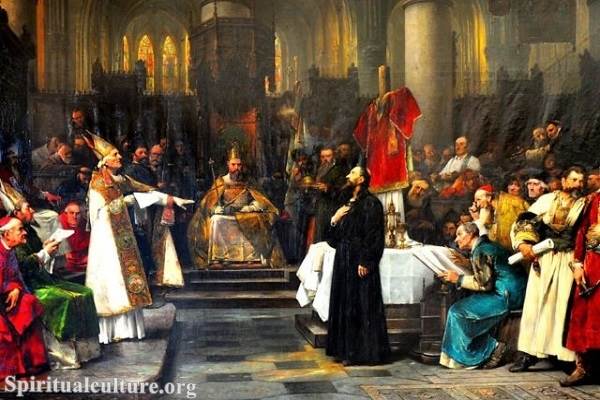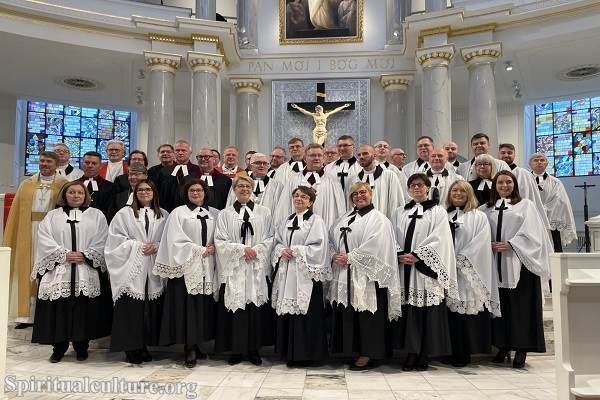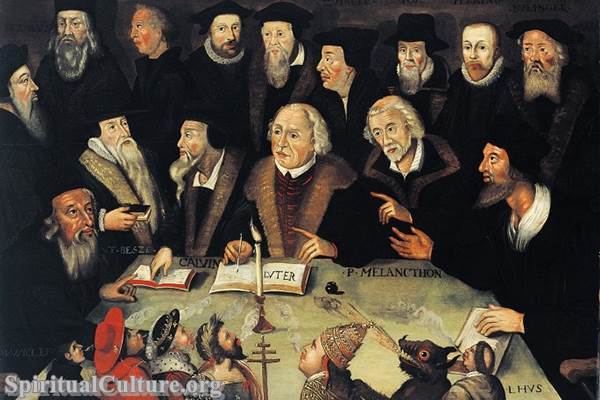The Protestant Reformation was a movement that sought to reform the practices and teachings of the Roman Catholic Church, which at the time was the dominant Christian church in Europe.
The Protestant Reformers were inspired by the belief that the Bible, rather than the Pope and Church tradition, should be the ultimate authority in matters of faith and practice.
Some of the most well-known Protestant Reformers include Martin Luther, John Calvin, and Huldrych Zwingli. These men, along with others, wrote extensively about their beliefs and challenged the authority of the Roman Catholic Church, leading to the establishment of Protestant churches throughout Europe.
Protestant Reformers: Martin Luther
Martin Luther was a German monk and theologian credited as the main figurehead of the Protestant Reformation. This movement sought to reform the Roman Catholic Church in the 16th century.

Born in 1483, Luther was a professor of theology at the University of Wittenberg and became increasingly disillusioned with the practices of the Catholic Church, particularly the sale of indulgences, which were essentially pardons that believers could purchase to reduce their time in purgatory.
In 1517, he wrote the “Ninety-Five Theses,” a document that outlined his grievances with the church and called for reform. This document, which he famously posted to the door of the Castle Church in Wittenberg, is often seen as the spark that ignited the Protestant Reformation.
Luther’s ideas and teachings spread quickly throughout Europe, and he became an influential figure in the development of Protestantism.
He translated the Bible into German, making it more accessible to the common people, and emphasized the importance of faith and the doctrine of salvation through faith alone, as opposed to the Catholic belief in salvation through good works and the sacraments.
His teachings were controversial and faced opposition from the Catholic Church and some within the Protestant movement. However, his ideas ultimately gained widespread acceptance and significantly impacted the development of Christianity and Western culture.
Luther’s reforms inspired the formation of new Protestant denominations named after him, including the Lutheran Church. He also strongly influenced other Protestant leaders such as John Calvin and Ulrich Zwingli.
His teachings and writings continue to be studied and debated by theologians and scholars today, and he is remembered as one of the most important figures in the history of Christianity.
In addition to his work as a theologian, Luther was also a composer and hymn writer. Many of his hymns, such as “A Mighty Fortress is Our God,” are still popular and widely sung in churches today.
Protestant Reformers: John Calvin
John Calvin was a French theologian and pastor during the Protestant Reformation in the 16th century. He is known for his teachings on predestination, which hold that God has already determined who will be saved and who will not be saved, regardless of their actions.
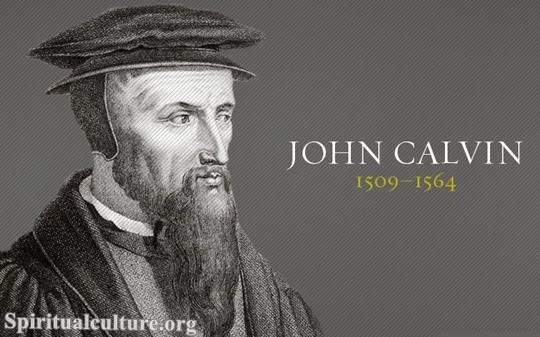
Calvin was born in Noyon, France, in 1509. He was educated in classical literature and the humanities at the University of Paris and later studied law at the University of Orleans. However, Calvin became disillusioned with the Roman Catholic Church and began to embrace Protestant ideas. In 1534, he fled to Basel, Switzerland, to escape persecution by the French authorities. It was there that he published the first edition of his Institutes of the Christian Religion, a work that outlined his theology and ideas about the nature of God, salvation, and the Christian life.
Calvin eventually settled in Geneva, Switzerland, where he became a leading figure in the Protestant Reformation. He played a key role in establishing the city as a center for Protestant thought and activity, and his teachings significantly impacted Protestantism’s development throughout Europe. Calvin’s ideas about predestination and the sovereignty of God became central to the Reformed and Presbyterian traditions, and his Institutes of the Christian Religion remains an important text for Protestant believers today.
Calvin’s ideas were influential in developing Protestantism, particularly in the Reformed and Presbyterian churches. He is also known for his Institutes of the Christian Religion, a work that is considered one of the most important texts of the Protestant Reformation.
Calvin’s theology was based on the belief in the sovereignty of God and the authority of the Bible, and he strongly emphasized the need for believers to live a holy life.
Protestant Reformers: Huldrych Zwingli
Huldrych Zwingli was a Swiss Protestant reformer and theologian who is considered one of the founders of the Swiss Reformation. He was born in Switzerland in 1484 and studied theology at the University of Basel. Zwingli was ordained as a priest in 1516 and became the pastor of the Grossmünster church in Zurich in 1519.
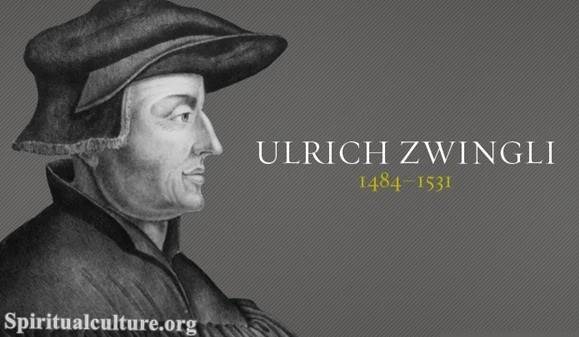
As a reformer, Zwingli was heavily influenced by the ideas of humanism and the Renaissance, and he began to question many of the traditional teachings and practices of the Roman Catholic Church. He argued that the Bible should be the sole authority for Christian belief and practice, and he rejected many of the teachings and traditions of the Catholic Church, such as the doctrine of transubstantiation and the use of Latin in the Mass.
Zwingli’s ideas were influential in spreading Protestantism in Switzerland and other parts of Europe, and he is remembered as one of the key figures in the Protestant Reformation.
Zwingli’s reform efforts in Switzerland gained widespread support, and he persuaded the city council of Zurich to adopt many of his reforms, including the establishment of a new liturgy in the vernacular, the elimination of the Mass, and the abolition of many religious festivals and practices. Zwingli also played a significant role in Switzerland’s political and military affairs during this time, leading Swiss troops in several military campaigns against the Catholics.
In addition to his reform efforts, Zwingli was also a prolific writer and theologian. He wrote numerous tracts and treatises on various subjects, including theology, politics, and social issues. His most famous work is probably “The Sixty-Seven Articles,” a set of articles outlining his beliefs and criticisms of the Roman Catholic Church.
Zwingli’s influence extended beyond Switzerland, and his ideas significantly impacted the development of Protestantism in Europe and beyond. He is remembered as one of the key figures in the Protestant Reformation. His contributions to developing Protestant theology and practice continue to be recognized and studied today.


